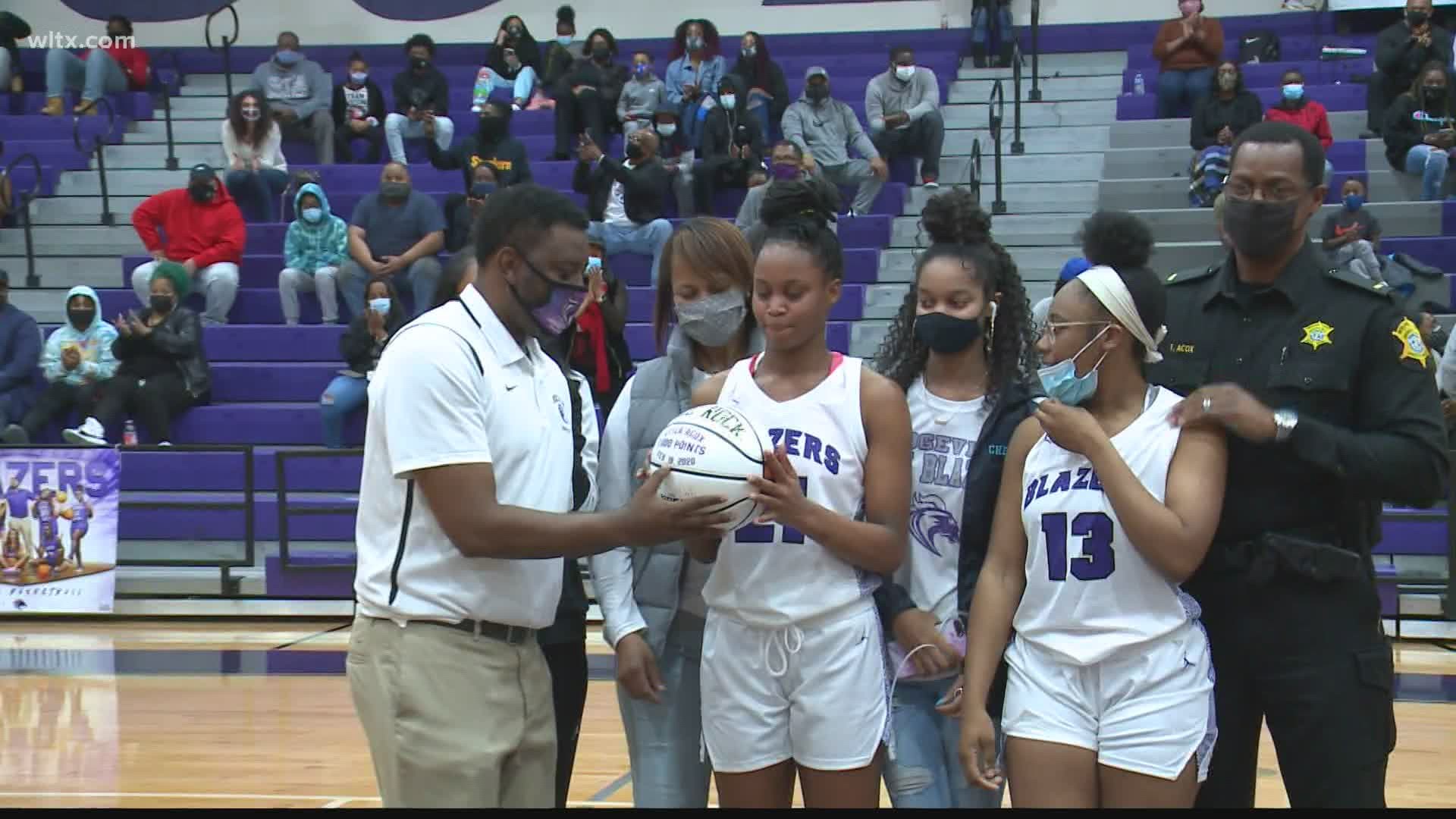For this week’s blogpost, I chose Option 1:
Relational databases. Storing data in separate tables can be beneficial even when the data are coming from the same source: Organizations can (and do) restrict access to tables with sensitive information, while permitting wider access with non-sensitive data tables. View Phil 101 Reading Guide Week 7.pdf from PHILOSOPHY 101-02 at San Francisco State University. Read the first paragraph, see how it lays the whole paper out? Summarize, in your own words, what. Week 10 Reflection. As I missed the week 10 tutorial and lecture due to being home sick, I found it again extremely difficult for me, as I prefer as a learner face to face, but had to participate via online. Nonetheless I found the content to extremely enlightening, and packed full of useful information on a variety of aspects.
Not everyone learns the same way. Each of us do best under certain conditions, and these tendencies are called learning styles. Take these two online learning style assessments (Link 1, Link 2). Report your results, discuss how credible you find them (both in terms of how well the results fit your experience and how well the assessment is designed), and discuss how you can use your preferred learning style improve your study skills. Finally, how well does AC do at teaching to your preferred learning style?



—


Link 1 results said that I was very geared towards intuitive and visual learning (scoring a 9 and an 11, respectively). I was neutral with Active/Reflective and Sequential/Global, scoring a 3 (Reflective, Sequential) for both. One of the problems I had with this test was that it did not seem to mix up its numbers enough… At one point I could tell that the “b” answers down the row were the more stereotypically “right-brained” responses. Eventually, I think the questions switched it up, but it needs to be further mixed. Also, I found the questions to be pretty repetitive — which is apparently something intuitive learners don’t like. The descriptions that are hyperlinked to Link 1’s results page were mildly helpful, but I disliked how they mixed both ends’ descriptions. I wish they had just laid them all out one by one. (Which I guess is my sequential learning talking??)
Link 2 stated that I was a visual learner, which I have always known because I like to draw and learn well from watching (steady-paced but interesting) videos. In a few short sentences, the results section listed things I could do to help me study — including flashcards. I believe that I learn very quickly from flashcards, but I am often reluctant to go through the long (and repetitive) process of creating them. In any case, because I know flashcards help me a lot, I immediately felt that the results suggestions were good and more informative than Link 1’s. One thing that I disliked about Link 2 is that some of the questions were poorly written, and I had to figure out what they were trying to say. Also, though giving more than two options is good, the quiz seemed to be confusing enjoyment with effectiveness. What helps me learn best is not always what I want to do, because it might not be the most fun. I would rather listen to an engaging lecture than make flashcards and go through them, though flashcards would probably end up being more helpful.
Week 7 Reflectionguided Reading 101 Dalmatians
I have known some good ways to help me study for a long time, but these quizzes were still a little helpful — I am pretty forgetful. Time management and concentration have always been weaknesses of mine, and sometimes it can be hard to figure out what I should focus on if the teacher does not specify what is important. I should make more flashcards, watch more videos, take more notes*, read more actively, and make connections (like concept maps) during class. And I can use my preferred learning styles to further research ways to learn.
Week 7 Reflectionguided Reading 101 Lesson
I think that AC varies depending on the professor in teaching to multiple learning styles. But many of the teachers I’ve had have implemented video at least a little (though not as much as I’d like). I took an intro to Philosophy class last semester, and my professor drew several concept maps, which I found pretty helpful. The charts shown in our books/powerpoints in Psych class are pretty great. All in all, I would attribute my failure in classes to myself, and my successes to effective teaching and a general interest in the subject (and I’m told my gender tends to blame itself on failures and give teachers credit for success!).